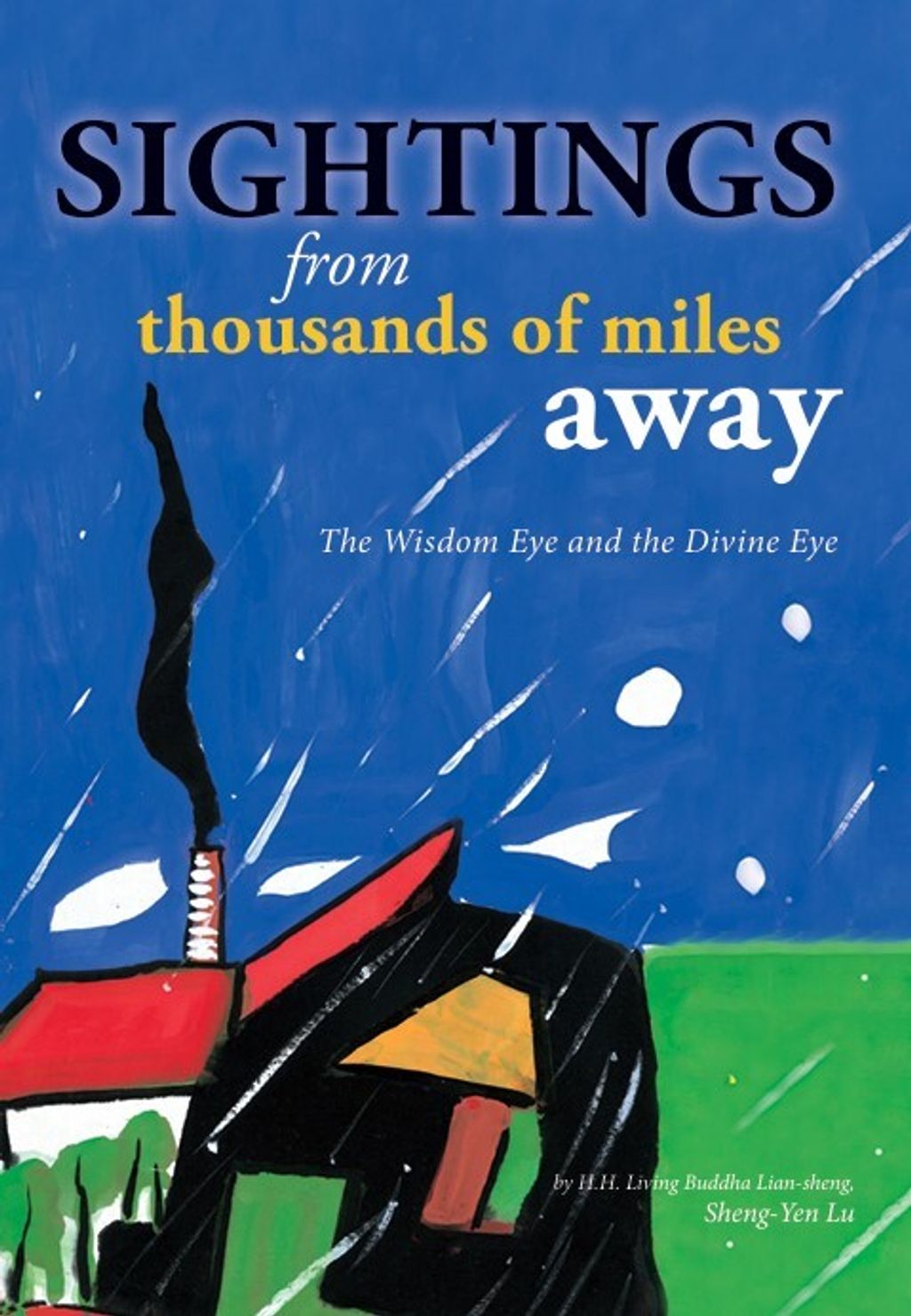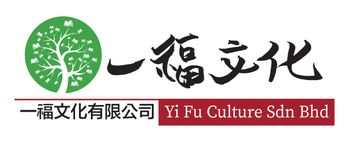
英文书 E202 - Sightings from Thousands of Miles Away 千里之外的看見
Foreword
From the cover of this book, the subtitle - “The Wisdom Eyeand the Divine Eye” - indicates that the author, Sheng-Yen Lu, is someone who possesses the earth-penetrating eye, wisdom eye, divine eye, and other miraculous faculties. The kinds of sightings described in this book belong toan extraordinary kind of observation arising from meditation and spiritual responses (yogic union). As Sheng-Yen Lu also possesses “illusory bodies that can travel anywhere,” consequently he is able to see things from thousands of miles away, to appear in the“Empty Space” or to“enter into dreams” of his students to transmit teachings as well as blessings and perform healings.
In the chapter Divine Table in the book, the author talked about how a female student Simone had expressed her desire to reside permanently in Seattle, yet Sheng-Yen Lu’s divine eye revealed that she “would drift awayto a place far, far away.” Simone herself felt that was impossible, but in the end, after a period of only three months, Simone got married and indeed moved far away to Philadelphia. In another chapter, one of Sheng-Yen Lu’s students in Malaysia, Reverend Mingyi, had developed a kidney stone and prayed to the Empty Space for help. As a result, during his meditation, the author extended his“illusory hand” which stretchedacross the Pacific Ocean and scooped out a stone the size of a bird’s egg from Reverend Mingyi’s kidney, xii providing arefreshing coolness to his whole being. The bird’s egg sized kidney stone indeed disappeared!
Examples of such “sightings” from thousands of miles away are numerous in the book. It is evident that the author is not merely fully confident but also proud of his various spiritual responses and yogic powers.
Yet, the author does not indulge in flaunting his supernatural abilities to his students and readers; he candidly states that in the face of “fixed karma,” even his great supernatural abilities are of no use. Through his compassion and “bodhicitta,” Sheng-Yen Lu guided a doomed True Buddha School student who could not avoid his fate and “cannot be saved,”enabling his bardo spirit (soul) to be reborn in the Pure Land of Amitabha Buddha. This was possible because the student was still able to experience ayogic response from homa ceremonies - his hands were able to form mudras.
In another case, an ex-student who had broken the Samaya Pledge was enveloped by a great billowing dark cloud and tossed into the PoisonSea. The author uses this case as an example to admonish True Buddha students: Vajrayana cultivation places great emphasis on “Samaya.” Transgressors of theSamaya Pledge would be “banished to the three lower realms with no set date forrelease,” and even accumulated merits would be of no use.
In addition, Sheng-Yen Lu does not forget to remind his students that “fame and money are dreams and illusions” and “nothing to be gained.” He exclaims that life is short and urges everyone to “start cultivating now,”otherwise it will be too late.
In the chapter Observations on Contemporary Buddhism, Sheng Yen Lu discussed how with the arrival of the electronic age, Buddhism has to move towards “society,” towards “entering the world,” and mix with the “human world.” He feels that the current secularization of Buddhism is an understandable and inevitable social trend, but he emphasizes the Buddha’steaching that not only must practitioners xiii themselves engender the heart to renounce the world, they also need to help guide others to leave the burning house of samsara. He believes that True Buddha School should place equal importance on“secularization” and “transcending the world,” - not only emphasizing“existence”but also “emptiness,” and that the right view is the integration of both.
